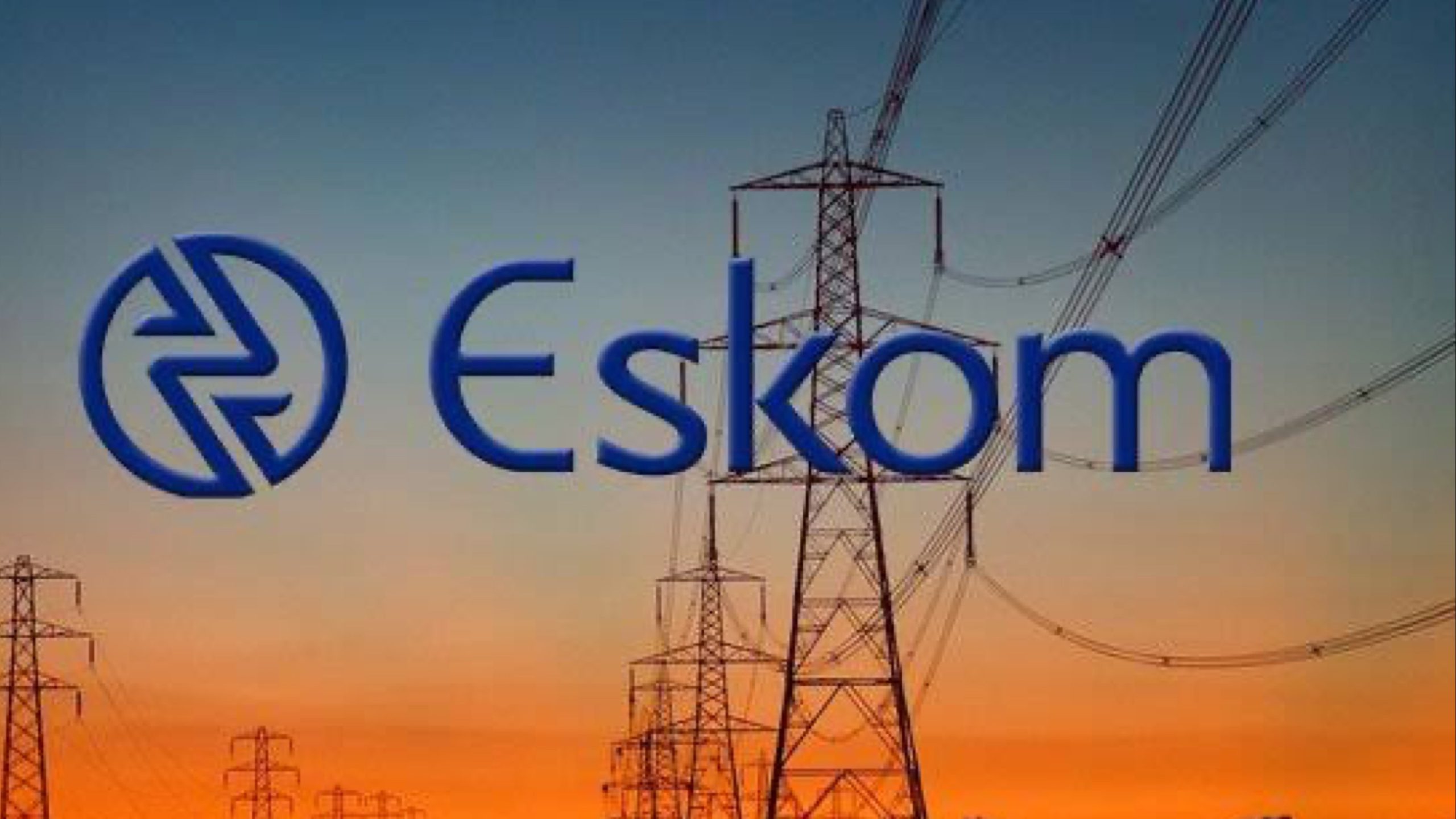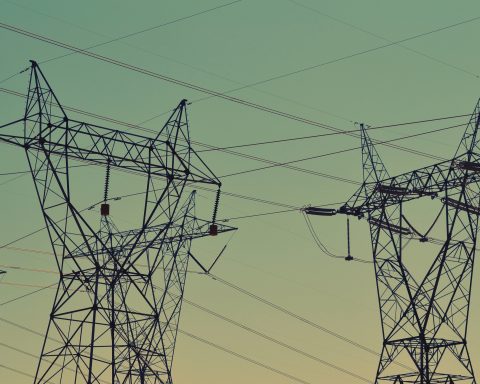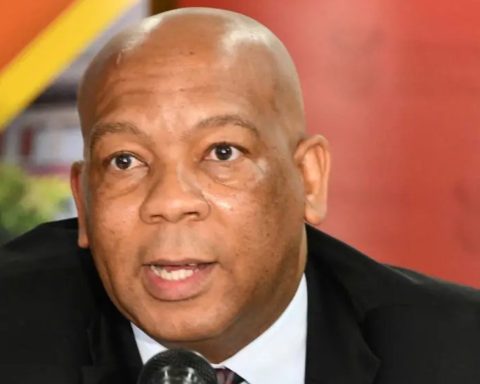Minister of Electricity and Energy Kgosientso Ramakgopa has asked Eskom to withdraw its ongoing Eskom electricity trading dispute against the Energy Regulator of South Africa (Nersa). He said that taking the matter to court could delay the rules for electricity trading licences. Furthermore, removing legal barriers would allow the process to move forward more smoothly, giving clarity to all market participants.
Stakeholder views
The case highlights differing opinions among stakeholders. Some business groups have criticised Eskom’s legal challenge, while the South African Local Government Association (SALGA) has expressed concerns about potential losses in municipal revenue. Therefore, Ramakgopa stressed that resolving the Eskom electricity trading dispute outside of court is crucial to avoid delays and reduce uncertainty for both municipalities and private companies.
Regulatory timeline
Nersa had initially set a 12-month period to review and finalise electricity trading rules. However, Ramakgopa requested the regulator to speed up the process, which Nersa agreed to shorten to three months. The rules aim to provide clear guidance for private companies and new entrants in the electricity market. In addition, settling the Eskom electricity trading dispute promptly will allow these rules to be implemented without unnecessary delays and ensure smoother market operations.
Market considerations
Ramakgopa noted that private electricity traders may focus on wealthier customers, potentially leaving lower-income households underserved. This could also reduce revenue for municipalities. As a result, clear regulatory rules are important to ensure fairness and predictability. Resolving the Eskom electricity trading dispute will provide guidance for both private companies and municipalities and help them plan more effectively.
Eskom’s position
Eskom says it is not against competition but seeks clarity on rules and protections for municipalities. Ramakgopa encouraged the utility to collaborate with regulators rather than pursuing litigation. Consequently, resolving the dispute could improve market confidence and allow smoother implementation of electricity trading licences across the sector.






